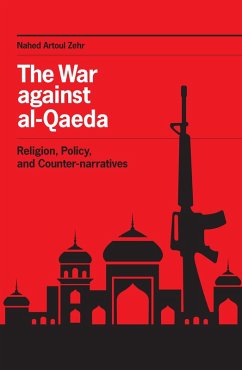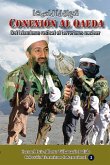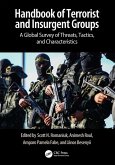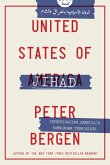This original and provocative book is the first to explore the theological underpinnings of al-Qaeda, ISIS, and related Islamic movements. Nahed Artoul Zehr demonstrates how al-Qaeda was transformed from a relatively hierarchical and regional organization to a globalized, decentralized, and diffuse system of networks. She draws connections between religious ideas and strategy in her translation and analysis of the leading theoretical and tactical jihad text, The Global Islamic Resistance Call, by Mustafa abu Mus' ab al-Suri. Just as important, Zehr questions al-Qaeda's interpretation of the Islamic tradition on the use of force. Zehr argues that it is al-Qaeda's (and related groups') break with this tradition that is key to an al-Qaeda defeat.
Zehr critiques the counter-narratives to the al-Qaeda phenomenon that emphasizes "good Muslims" versus "bad Muslims" in order to embrace a "moderate" form of Islam. Better, she argues, to note the counter-narratives that are coming from within the Muslim community and other nongovernment institutions interested in moving this work forward.
Zehr critiques the counter-narratives to the al-Qaeda phenomenon that emphasizes "good Muslims" versus "bad Muslims" in order to embrace a "moderate" form of Islam. Better, she argues, to note the counter-narratives that are coming from within the Muslim community and other nongovernment institutions interested in moving this work forward.
Dieser Download kann aus rechtlichen Gründen nur mit Rechnungsadresse in A, D ausgeliefert werden.









